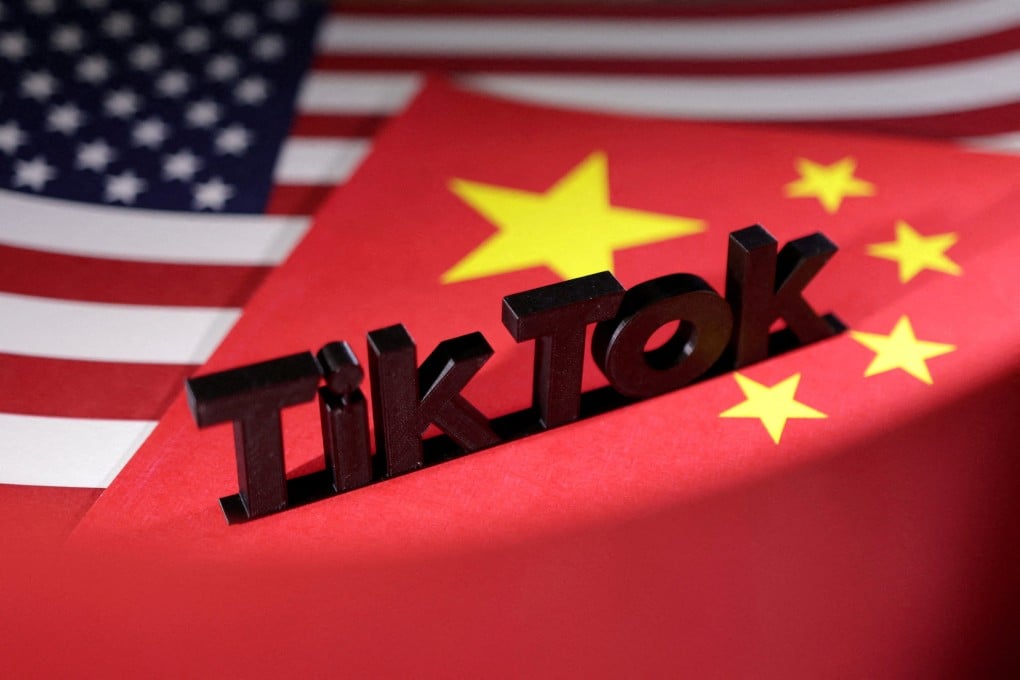TikTok and China’s ByteDance sue to block US law seeking sale or ban of app
- The suit argues that the law violates the US Constitution on a number of grounds, including running afoul of First Amendment free speech protections
- Spurred by lawmakers’ fears that China could gain access to Americans’ personal data, the measure gives ByteDance until January 19 to divest TikTok

TikTok and its Chinese parent company ByteDance filed a federal lawsuit on Tuesday seeking to block a US law that would force the divestiture of the popular short-video app or ban its use nationwide.
The companies filed the suit in the US Court of Appeals for the District of Columbia arguing that the law violates the First Amendment of the US Constitution, which protects free speech, as well as several other constitutional provisions.
The lawsuit argued that a divestiture “is simply not possible: not commercially, not technologically, not legally”.
It specified that the Chinese government “has made clear that it would not permit a divestment of the recommendation engine that is a key to the success of TikTok in the United States”.
China’s Ministry of Commerce has repeatedly signalled that it would oppose a forced sale. In 2020, Beijing updated its rules governing exports to include technology similar to the algorithm that TikTok employs to recommend content to its users.
US lawmakers, citing China’s national security laws, have expressed concern about TikTok’s potential to monitor and manipulate Americans through modifying its algorithm and transmitting citizens’ personal data to Beijing – concerns that TikTok has decried as unsupported by evidence.